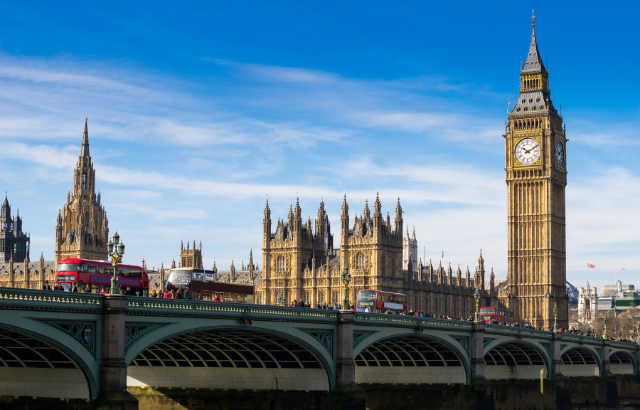New poll shows that Londoners are divided when it comes to having a Covid-19 vaccine and their plans for Christmas
Following the news that an effective Covid-19 vaccine is on its way, the majority of Londoners (58 per cent) have said that they are likely to take it when it becomes available, according to the latest survey from the Mile End Institute at Queen Mary University of London.

A stock image of someone receiving a vaccination. Public concern about vaccines is increasing.
Large differences between Londoners have emerged in the poll with just over a third Black and Minority Ethnic (BME) Londoners (39 per cent) saying they are likely to take it compared with 70 per cent of White Londoners.
Older Londoners were also more likely to take a vaccine if offered with more than three quarters (77 per cent) of those aged 65 and over saying that they likely to have it, compared to just 50 per cent of Londoners aged between 18-49. This has potentially worrying implications for take up.
Professor Sophie Harman, who specialises in the politics of global health at Queen Mary University of London said: “Vaccine hesitancy is not to be dismissed and can be on account of a range of factors – rumour, speed of vaccine development, perception of risk, discrimination – but most important is trust.
“That over a third of black and minority Londoners would be hesitant to take the vaccine is worrying but unsurprising: would you trust a government that accepts you’re more likely to die of Covid-19 than your white neighbours and does nothing very much about it? Vaccine hesitancy risks a double tragedy: racial inequality in deaths from Covid-19 and potential racial inequality in vaccine uptake.”
Covid Christmas plans - a divided capital
When asked about visiting families over the Christmas period Londoners were relatively divided on their plans. 35 per cent plan to visit family, 37 per cent have no plans to, and over a quarter (28 per cent) are yet to make up their minds.
Almost half of Londoners (49 per cent) support relaxing restrictions on travel and visiting other people’s homes over the Christmas period. Support was highest among people aged 65 and over (57 per cent) but there was also considerable opposition (34 per cent) among the over-65’s.
Younger Londoners were much more likely to express uncertainty: some 32 per cent of 18-24 year olds said they did not know, compared to just 9 per cent of the oldest age group. These age differences probably helped to drive the marked difference between Conservative voters (62 per cent of whom supported the relaxation) and Labour voters (45 per cent support).
If rules were introduced to prevent Londoners visiting other people’s homes over Christmas, the majority of Londoners (54 per cent) said they would abide by them compared to a quarter (26 per cent who said they would not. But again age made a difference: two thirds (66 per cent) of those aged 65 and over said they would abide by the rules, compared to under half (47 per cent) of those aged 18-24 who said the same.
More information
Fieldwork was conducted online between 16 and 19 November 2020. Total sample size was 1,048 adults living in inner and outer London. The figures have been weighted and are representative of all adults in London (aged 18+). YouGov is a member of the British Polling Council and abide by their rules.
- Study Politics and International Relations at Queen Mary
- Find about more about Queen Mary’s Mile End Institute.
Related items

10 December 2024

9 December 2024

6 December 2024
For media information, contact: